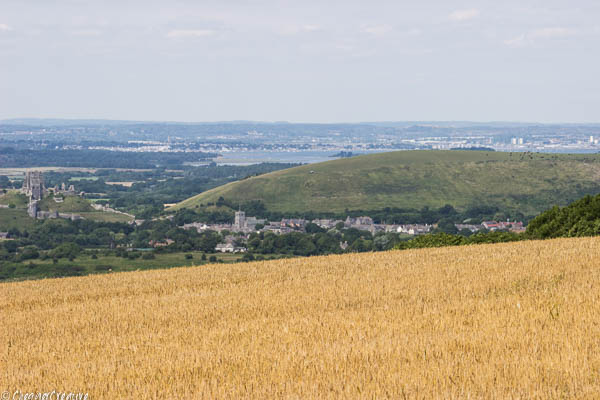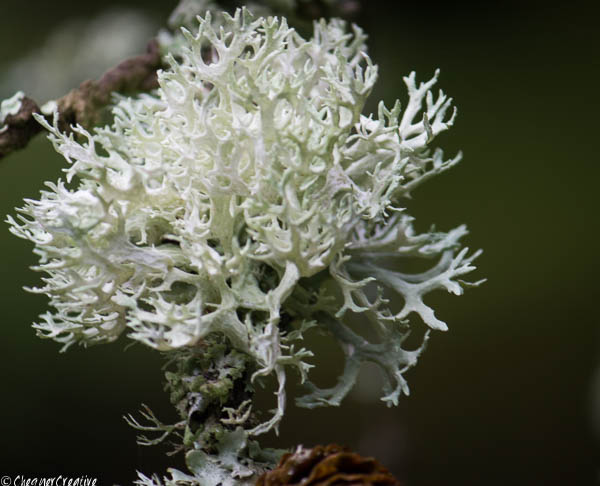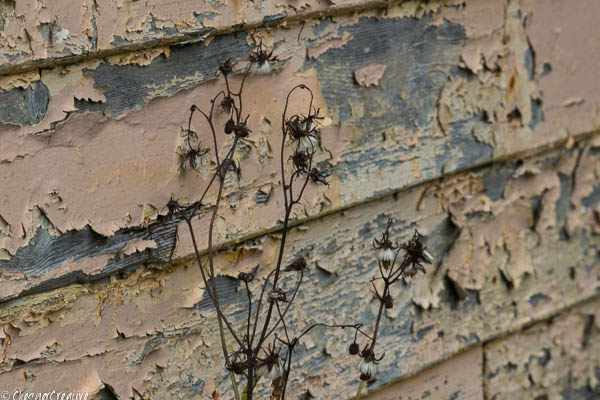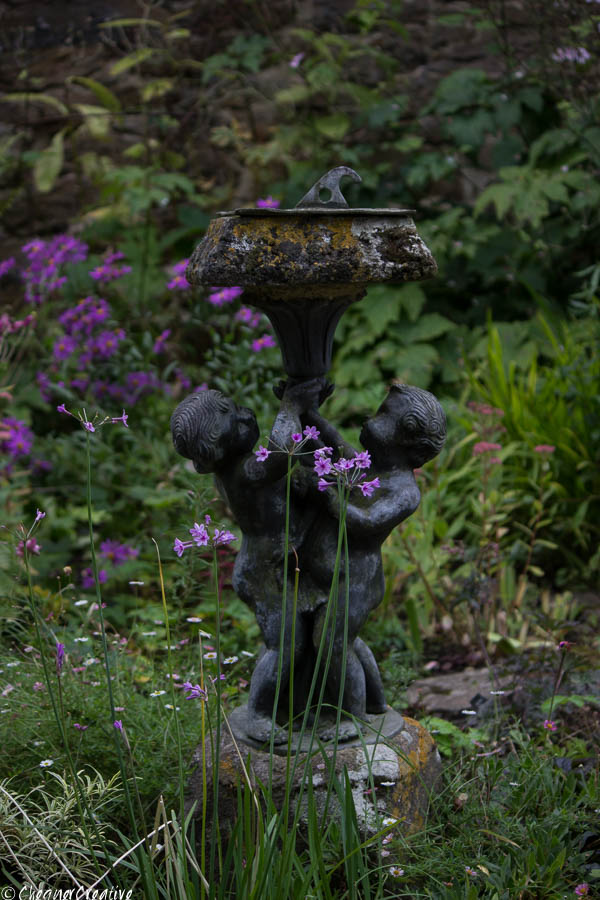We spent our summer in the UK mostly at home or on the Isle of Wight with the odd day trip. The exception to this was a trip to Norway with my 94 year old mother-in-law to visit family.
I should like to share my favourite photos with you.
Dorset
“Rime Intrinsica, Fontmell Magna, Sturminster Newton and Melbury Bubb,
Whist upon whist upon whist upon whist drive, in Institute, Legion and Social Club.
Horny hands that hold the aces which this morning held the plough
While Tranter Reuben, T. S. Eliot, H. G. Wells and Edith Sitwell lie in Mellstock Churchyard now.
Lord’s Day bells from Bingham’s Melcombe, Iwerne Minster, Shroton, Plush,
Down the grass between the beeches, mellow in the evening hush.
Gloved the hands that hold the hymn-book, which this morning milked the cow
While Tranter Reuben, Mary Borden, Brian Howard and Harold Acton lie in Mellstock Churchyard now.
Light’s abode, celestial Salem! Lamps of evening, smelling strong,
Gleaming on the pitch-pine, waiting, almost empty even- song
From the aisles each window smiles on grave and grass and yew-tree bough
While Tranter Reuben, Gordon Selfridge, Edna Best and Thomas Hardy lie in Mellstock Churchyard now.”
The first three images and the title image are Corfe Castle, the others are Lyme Regis
Oslo
“Until the Eighties, Oslo was a rather boring town, but it’s changed a lot, and is now much more cosmopolitan. If I go downtown, I visit the harbour to see the tall ships and the ferries, and to admire the modern architecture such as the Opera House or the new Astrup Fearnley Museum on the water’s edge.”
Åsgårdstrand
“Nature is not only all that is visible to the eye... it also includes the inner pictures of the soul”
Isle of Wight
““Any man from America or Australia might take one glance at the Island as something on a map, and then decide to give it a couple of hours.
But you can spend days and days exploring the Isle of Wight, which, if you are really interested, begins magically enlarging itself for you.””
East Lambrook
“‘Nowhere in the world is there anything like the English cottage garden. In every village and hamlet in the land there are these little gardens, always gay and never garish, and so obviously loved. There are not so many now, alas, as those cottages of cob or brick, with their thatched roofs and tiny crooked windows, are disappearing to make way for council houses and modern bungalows, but the flowers remain, flowers that have come to be known as ‘cottage flowers’ because of their simple, steadfast qualities.’”













































